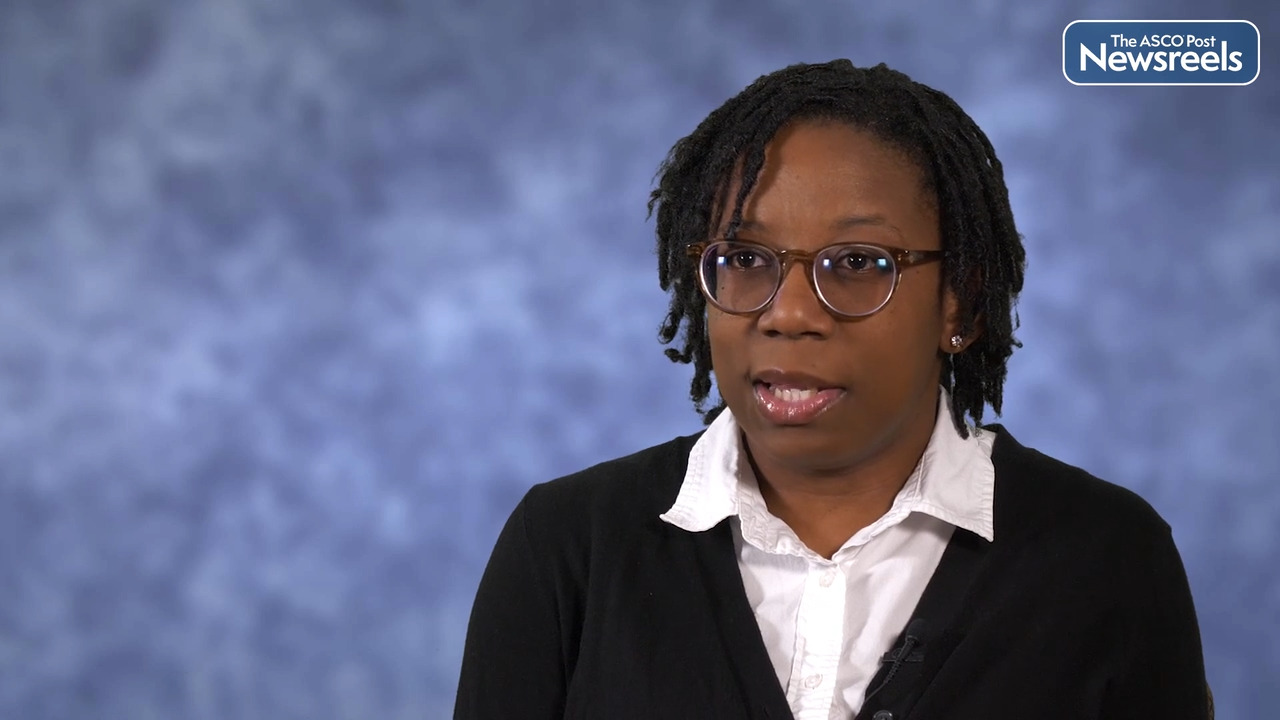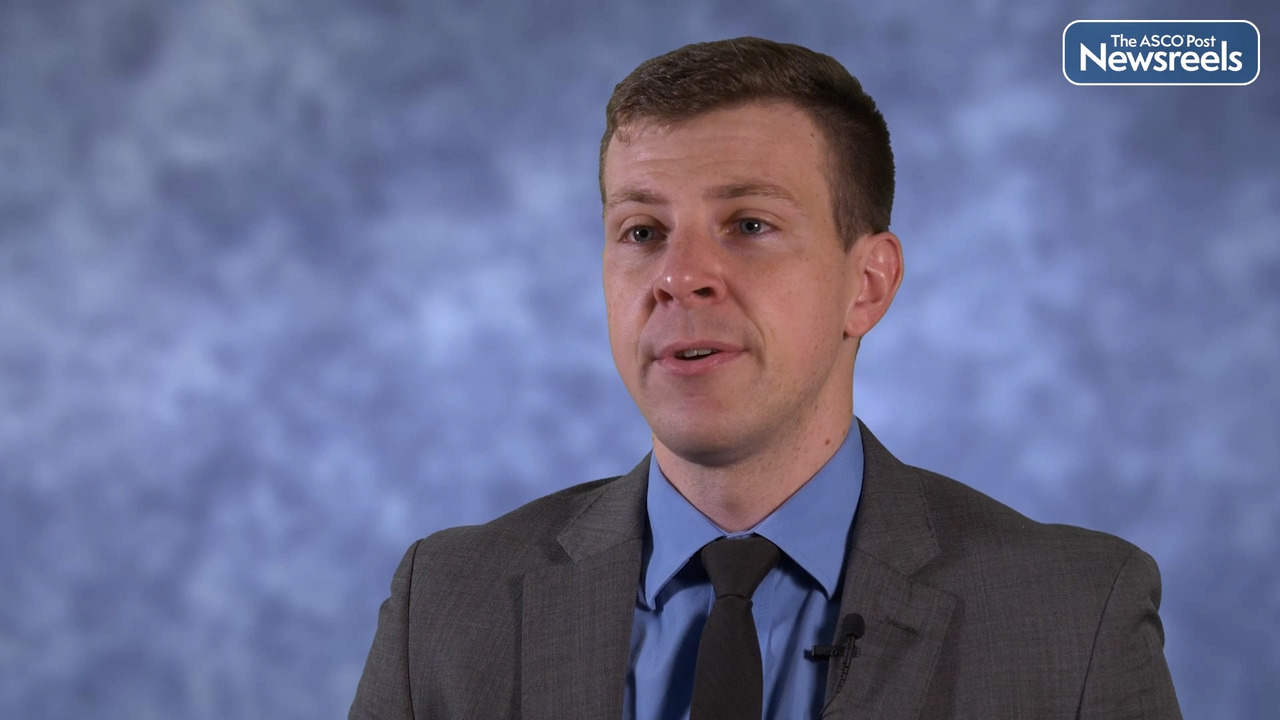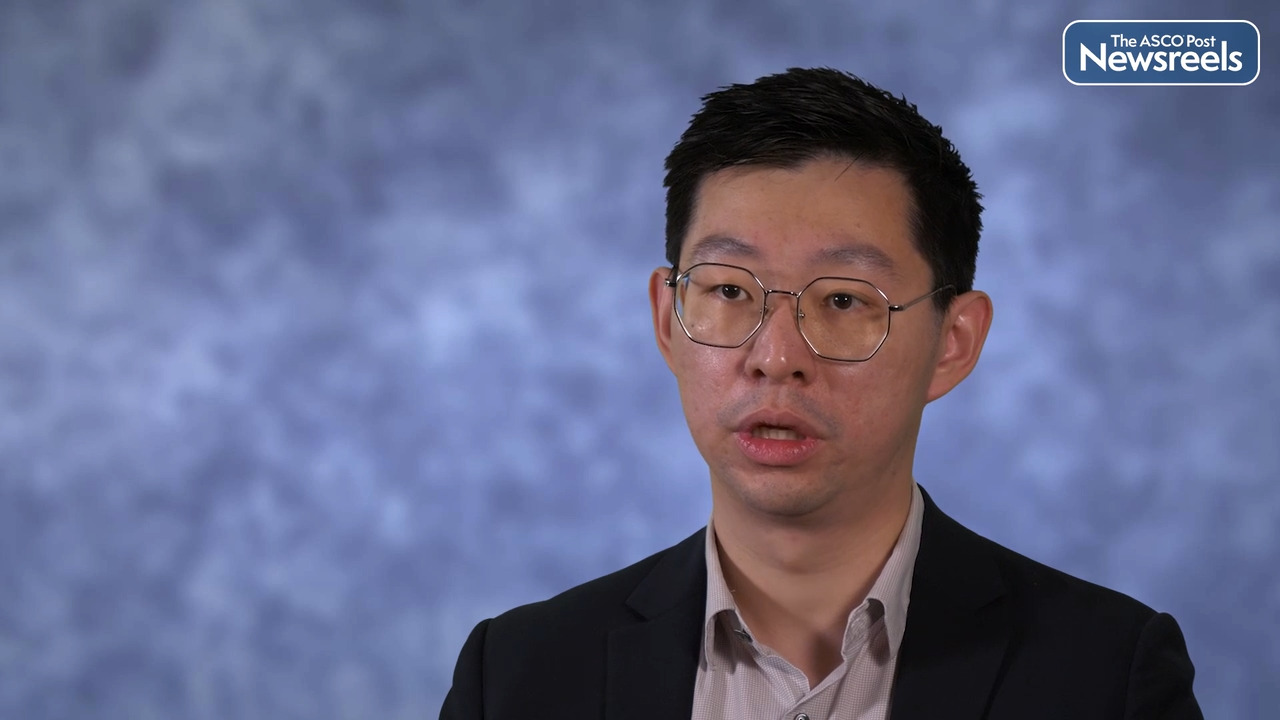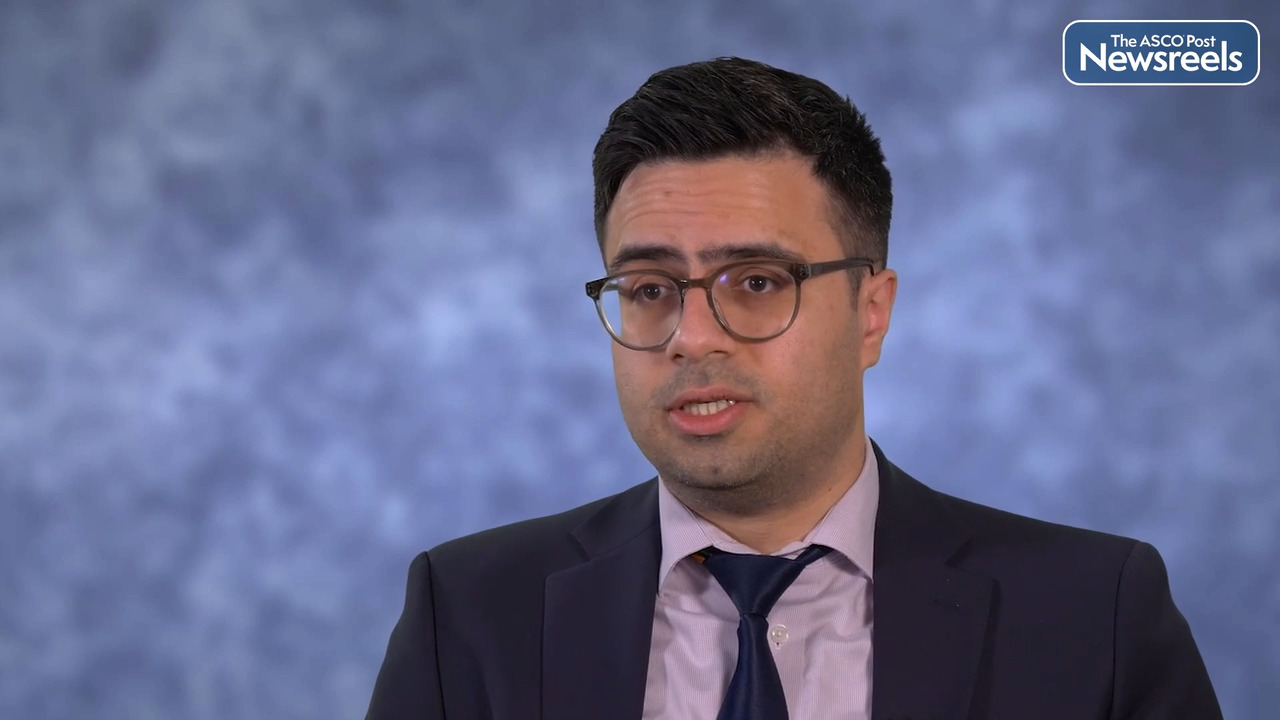Transcript
Disclaimer: This video transcript has not been proofread or edited and may contain errors.
Transgender patients experience intersected forms of marginalization, and also suffer significant healthcare disparities. It is known that gender minorities present a disproportionate cancer burden, and are also diagnosed at later stages. Specifically, in the case of breast cancer, over 40% of transgender patients are diagnosed either at locally-advanced or advanced stages.
It is important to note that trans male patients present a higher risk of breast cancer than the cis male patients. Nonetheless, it is not higher than the cis female population.
Finally, I would like also to add that transgender patients have a lower likelihood to undergo any type of breast cancer screening during their lifetime, or to be up-to-date with their current screenings.
We developed a 59 in survey applied to Mexican physicians that evaluated for current knowledge and attitudes towards breast cancer screening. Our questionnaire consisted of six items evaluating current attitudes, and nine items evaluating current knowledge on the topic.
We applied this online survey during June 2022. Overall, we collected 165 consecutive answers. Most participants identified as cis male, followed as cis female people. They had an average age of 30.5 years, self-identified as heterosexual. Most were either residents or fellows, and they were part of a clinical specialty.
When we related for current attitudes, we could see that most respondents did not feel comfortable with their current knowledge on the topic, as well as their current abilities to communicate effectively with their patients about breast cancer screening in the transgender population.
Nonetheless, it is important to note that most participants consider it important that transgender health should be part of the current curricula, either during medical school, or during their residency or fellowship.
When looking at their results regarding current knowledge, we could see that a large amount of participants correctly identified that being transgender could have a negative impact under current health, as it might imply having a later cancer diagnosis than in other populations.
Specifically, looking at the results about the practical application of the breast cancer screening strategies, we can see that less than 50% of the participants were aware at the age of the current recommendations to start breast cancer screening strategies, and also the time interval for which they should be applying this type of imaging modalities.
When looking at overall participants' performance, we can see that the average score of participants was very limited. Only 40.5 correct answers, which meant that only 3.7 questions were answered correctly.
We concluded that the current physicians' knowledge about the topic is very limited. Nonetheless, most physicians consider it an important area of opportunity to be addressed through medical, through educational, and interventions in the future.





